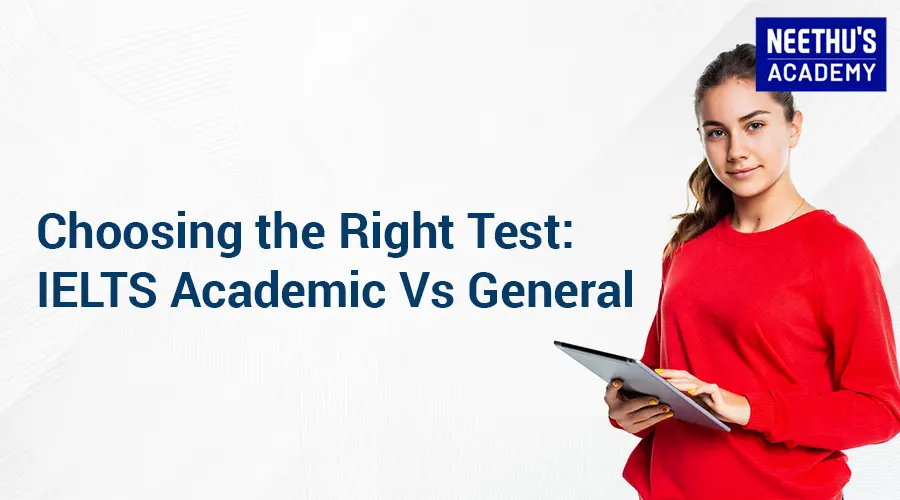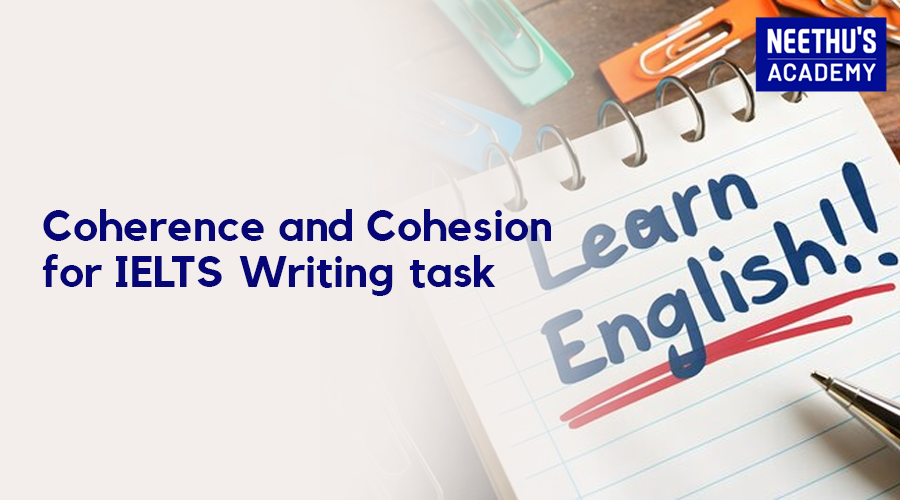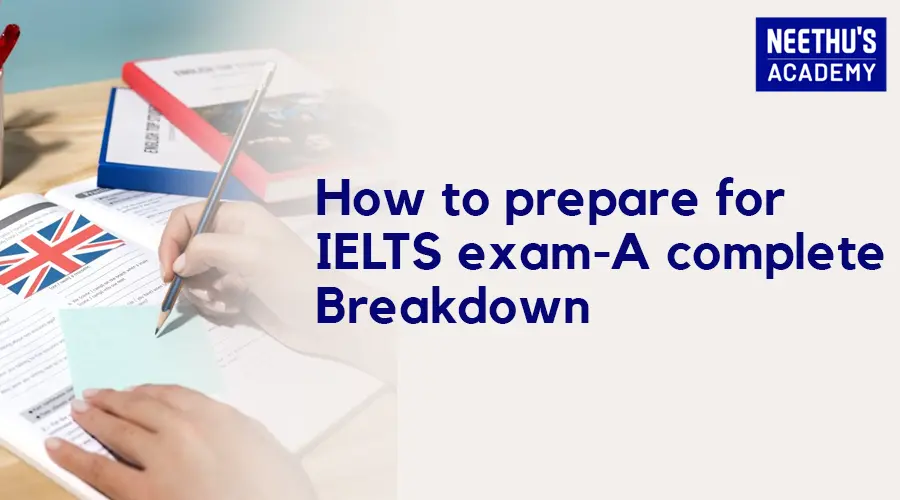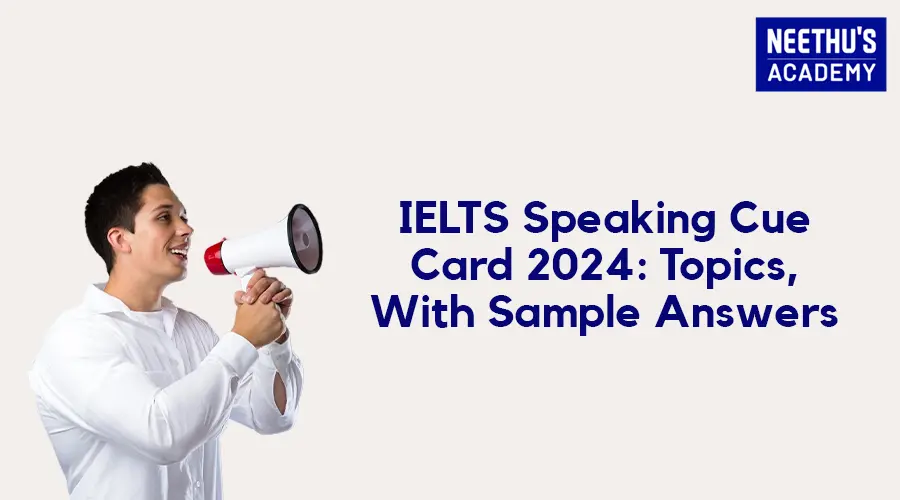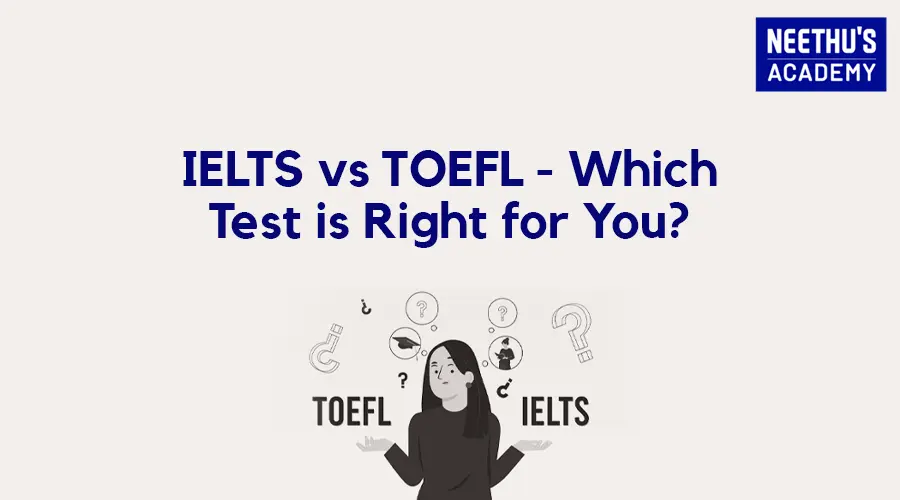Choosing the Right Test: IELTS Academic Vs General
The International English Language Testing System (IELTS) stands renowned as one of the most favorable language proficiency tests for many candidates.
IELTS and its function vary for individuals, depending on their needs like pursuing academic endeavors or for immigration or professional opportunities.
IELTS can be categorized as both IELTS Academic and General Training.
An Overview of IELTS Academic vs. General Training
| IELTS ACADEMIC | IELTS GENERAL TRAINING |
|---|---|
| Test Format and Structure of IELTS Academic primarily assesses and looks for a candidate’s readiness and skills for academic settings | Test Format and Structure of General Training looks for evaluating practical language skills in a social and workplace context. |
| Content Focus is typically on academic-related tasks like graphs, charts, comprehending complex texts etc. | Content Focus in IELTS General Training is commonly related to everyday life such as interpreting advertisements, filling out forms, and professional/workplace-related communication. |
| IELTS Academic goals for higher education in an English-speaking country. | IELTS General Training goals for immigration or for work purposes |
| Regarding the scoring, the band score ranges from (0-9) | Regarding the scoring, the band score ranges from (0-9). |
Understanding the differences between the variants of IELTS Academic vs General Training is crucial as it will help you prepare better. Let’s delve into a detailed comparison to help you make an informed decision.
Test Format and Structure
The IELTS Academic and IELTS General Training tests hold many similarities in terms of the format, but their content and focus has major differences.
- In IELTS Academic, candidates have to attend three long, academically-oriented reading texts, challenging their comprehension skills.
- Writing tasks are about describing visual data and creating analytical responses to arguments or issues.
- Listening tests include four recordings of monologues and conversations.
- Speaking assessments involve face-to-face interviews with certified examiners.
When it comes to General Training, it is related mostly to everyday scenarios.
- The Reading section comprises three sections commonly related to events encountered in daily life.
- The Writing tasks are focused on drafting letters and responding to practical viewpoints or problems.
- Listening is based on real-life conversations.
- The Speaking tests cover general topics relevant to everyday experiences.
Content Focus
For IELTS Academic, as the name suggests it has more focus on the academic content, formal language usage, and tasks demanding analytical prowess. Whereas IELTS General Training incorporates practical language skills, informal or semi-formal writing, and everyday topics.
Choosing Based on Goals
To choose between IELTS Academic and IELTS General, you need to first align with your specific requirements and purpose.If you’re someone looking for academic pursuits like university admissions or professional registrations, then your right choice will be IELTS Academic. Whereas if you are someone looking for settling abroad or for immigration purposes, or aspiring work opportunities, then IELTS General Training is your perfect option,
Scoring and Results
Even though both IELTS versions of IELTS Academic and General Training have the same scoring criteria, with band scores ranging from 0 to 9, your test format will have slight changes. Regarding the validity of your results, always remember it remains valid for two years from the test date, irrespective of the chosen version.
Preparation Tips for IELTS Academic and General Training
It’s always important to prepare yourself for the test with thorough practice. So let’s look at some of the areas you need to look into before attending the exam.
- Understanding the Test Format : Understanding the sections, questions, timing, and scoring are important while preparing for your IELTS exam.
- Regular Practice :Make sure that you are practising regularly with official materials, focusing on weak areas. Neethu’s Academy offers you resourceful materials for mock tests.
- Vocabulary Enhancement: Read extensively to improve your vocabulary with varied reliable resources. This will improve your speed, comprehension, and key information identification with any texts given.
- Active Listening: Practise yourself listening to various accents and recordings to identify the words
- Improve your Speaking Skills: Practice fluency, pronunciation, and grammar by engaging yourself in communicating with others.
- Simulate Tests: Create a simulated atmosphere for timed practice tests to prepare for test conditions. This will improve your speed and comprehension ability.
- Review: Review your practice tests and give prior importance to your areas of weakness.
These tips should be kept in mind for streamlining your IELTS preparation.
Conclusion
The IELTS Academic and General Training varies in different aspects like the purpose and content focus. Academic IELTS is for individuals pursuing academic aspirations, while General Training IELTS is for those aiming for immigration or work opportunities. By aligning your goals with the appropriate module and diligent preparation, you can confidently embark on your IELTS journey.
Frequently Asked Questions(FAQs)

